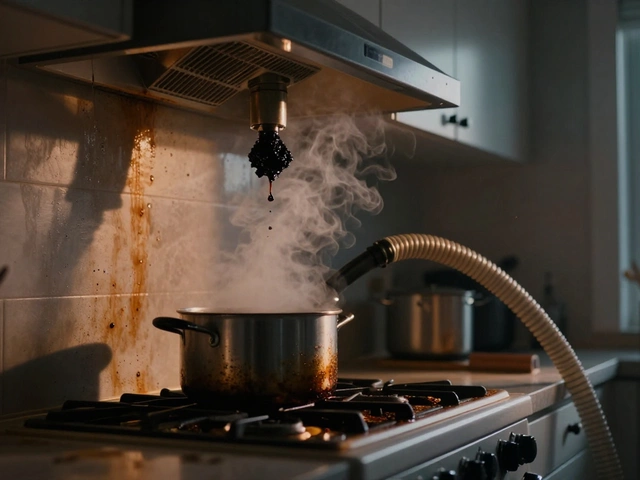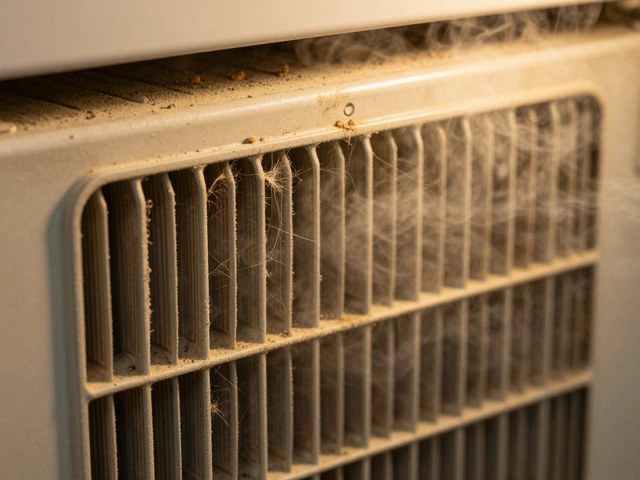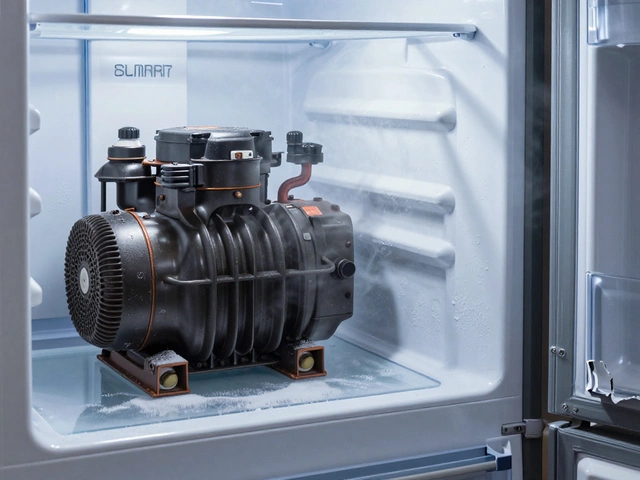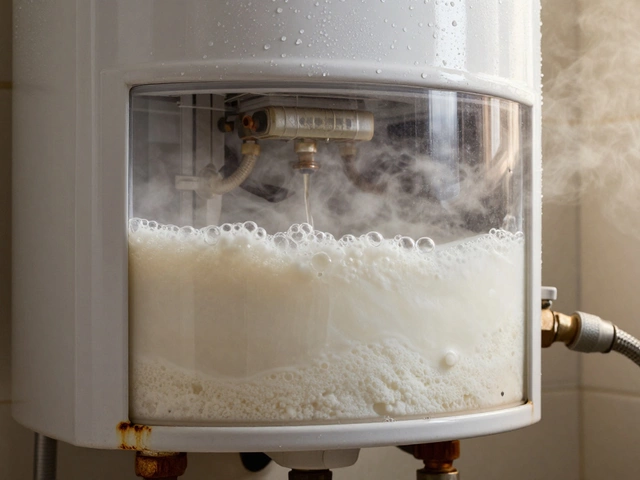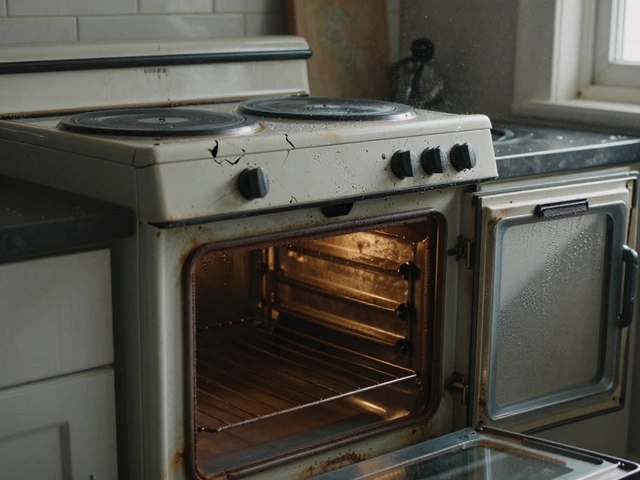Refrigerator Compressor Problems: What to Look For and How to Fix Them
If your fridge is warm, humming loudly, or not cooling at all, the compressor is often the culprit. The compressor is the heart of the fridge – it squeezes refrigerant and moves heat out of the cabinet. When it fails, the whole system stops working, and your food can spoil fast.
Quick Signs Your Compressor Is Bad
First, listen. A healthy compressor makes a low, steady buzz. If you hear rapid clicking, rattling, or it stops making any noise, that’s a red flag. Next, check the temperature. If the freezer is above 0°F (‑18°C) and the fridge is above 40°F (4°C), the cooling cycle is broken.
Another clue is a warm coil at the back of the fridge. The coils should feel slightly cool. If they’re hot, the compressor isn’t pushing the refrigerant through properly. Finally, look for frost buildup inside the freezer – a sign the defrost cycle isn’t completing because the compressor isn’t working.
DIY Checks Before Calling a Pro
Before you dial Weymouth Appliance Repair Services, you can run a few simple tests. Unplug the fridge for five minutes, then plug it back in. Sometimes the compressor’s overload protector trips and a reset restores function.
If the compressor still won’t start, locate the start capacitor (usually a small cylinder near the compressor). A visual inspection can reveal bulging or leakage. You can also test it with a multimeter if you’re comfortable handling electricity.
Another easy check is the temperature sensor. Use a fridge thermometer to verify the actual temperature versus the setting. If the sensor is far off, the compressor may be getting the wrong signal and shutting down.
When these steps don’t solve the problem, it’s time to call a professional. Compressors involve high pressure and refrigerant, which require certified handling. Trying to repair it yourself can be dangerous and may void any warranty.
Why Call Weymouth Appliance Repair Services?
Our team in Weymouth knows refrigerators inside out. We have the tools to test the compressor, replace a faulty start capacitor, and safely recharge the system with the right refrigerant. Most compressor failures can be fixed in a few hours, saving you the cost of a new fridge.
We also offer maintenance plans to keep your fridge running smoothly. Regular coil cleaning, door seal checks, and temperature calibrations can extend the life of your compressor by years.
Don’t wait until your food goes bad. If you notice any of the signs above, give us a call. We’ll diagnose the issue fast, explain the repair options, and get your fridge back to normal without any hidden surprises.
In short, a noisy or warm fridge usually points to a compressor problem. Quick listening, temperature checks, and a reset can rule out simple issues. When those don’t work, trust the local experts at Weymouth Appliance Repair Services to handle the heavy lifting safely and affordably.
Most Expensive Refrigerator Repairs: What Breaks the Bank?
- Alden Wilder
- Jun 19 2025
- 0 Comments
Facing fridge problems can be tough on your wallet, but some repairs hurt more than others. This article unpacks the most expensive thing to fix on a refrigerator and the reasons behind those steep costs. You'll learn how critical components work, what signs point to a big repair bill, and whether it's worth fixing or just replacing the whole fridge. Real tips help you spot trouble early and maybe save yourself from a wallet-busting headache.
View More
